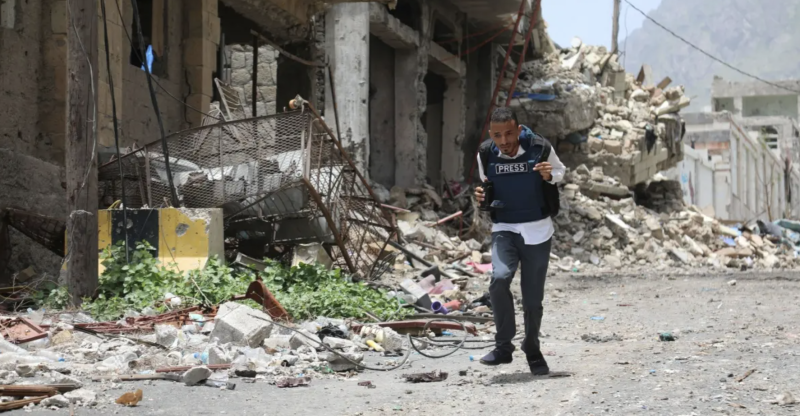A get well card for Yemen


The U.S. Senate this week passed two resolutions dealing with Saudi Arabia’s war in Yemen and the murder of Jamal Khashoggi.
One, using the War Powers Act, blocks U.S. military assistance to the Saudi regime’s brutal war on the civilian population of its southern neighbor. This resolution, if approved by the House, would do something concrete. Idaho’s senators, Jim Risch and Mike Crapo, opposed it.
The second resolution formally assigns blame for the murder of Khashoggi to Saudi dictator Mohammed bin Salman and expresses support for an unspecified diplomatic solution to the war in Yemen. Risch supported it, and Crapo, who has come under fire for accepting a contribution from Saudi lobbyists, signed on as a co-sponsor.
The condemnation resolution was seen as a rebuke of the Trump administration’s support for the Saudis, and it certainly was that. But it will have no discernible effect on what is happening in Yemen.
It was a bit like sending a “get well soon” card to someone with bubonic plague. Kind wishes are nice, but the only thing that really matters is a hefty dose of antibiotics.
In Yemen, 85,000 children have died of disease and starvation, and 14 million people are at risk of starving in the near future. Thoughts and prayers aren’t going to cut it. They need food, drinking water, medicine and an end to relentless Saudi bombing — which has taken place using our bombs, guided by our intelligence and, for much of the conflict, aided by our mid-air refueling operations.
Problems of such gravity have to be solved, not talked about. Finger wagging is meaningless as Yemeni children starve to death every day. Risch and Crapo were hardly the only ones unwilling to lead by supporting action, choosing instead to wag their fingers.
House Speaker Paul Ryan, in a shameful final act of public life, blocked the Senate’s war powers resolution from being voted on in the House by inserting language in, of all places, the farm bill.
Nonetheless, the advancement of the war powers resolution may have produced tangible good already. The same day the Senate raised the credible threat of an end to U.S. military support for Saudi Arabia, the Saudis agreed to a ceasefire in an important port city, which could ease the importation of desperately needed humanitarian relief. It doesn’t come close to solving the problem, but it’s at least a minor improvement.
Give credit to people like Sen. Mike Lee of Utah, who has shown true moral courage and leadership on the issue. Give none to Risch and Crapo who, so far, have not.
With the turn of the new year, the Senate’s war powers resolution could be taken up in the House. We hope Rep. Mike Simpson and incoming Rep. Russ Fulcher will do the right thing if that happens.
AFP.

Sana’a – A harrowing video of Dr. Abdulrahman Mujalli, a prominent Yemeni academic and legal advocate, has gone viral across social med…

Sana’a – Human rights organizations have issued urgent warnings over a dramatic spike in criminal activity across areas controlled by t…

Sana’a – The European Union (EU) Mission in Yemen issued a strong statement on Monday denouncing the ongoing violations against journal…